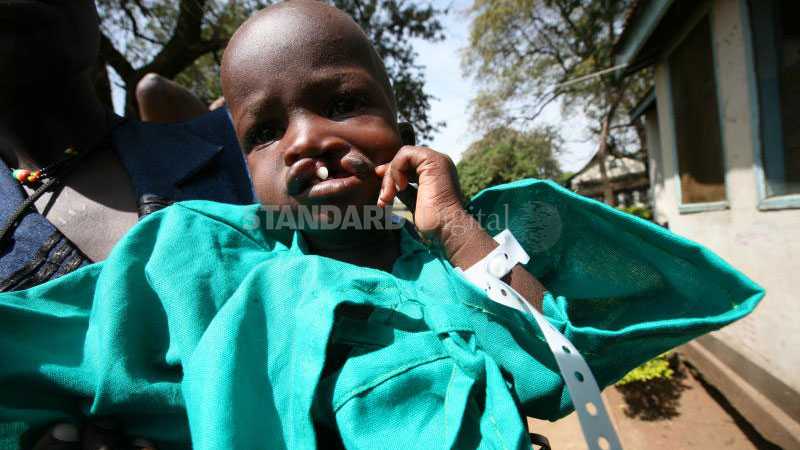×
The Standard e-Paper
Smart Minds Choose Us

Leading African medical experts will convene in Nairobi to share key learnings related to cleft lip and or palate treatment and comprehensive cleft care.
Kenya is set to host the Pan African Association of Cleft lip and Palate (PAACLIP) 6th Scientific Congress on March 25 to 27.